After feeling the rush of adrenaline from the completion of our 3rd Objective Structured Clinical Exam (OSCE), I woke the next day with that sharp tingling in my throat, indicating that I was about to get a cold. It seems my body loves to get sick at inconvenient times… Ok, I realize that that statement is unnaturopathic. As naturopathic medical students, we’re always saying that we need to work with our bodies, never push ourselves to our limits, work with the healing power of nature, take time to rest and regenerate, etc. But, who the heck has time for that? I have 600 assignments due tomorrow, clinic shifts to shadow and practical exams, plus a Dog Therapy Day to plan. There’s just no time to be out of commission.
Luckily, there are ways to help the immune system kill those annoying bugs faster and more efficiently. Torching upper respiratory tract infections is really where naturopathic treatments have a chance to shine. When I get a cold and can’t afford a day or two off, I simply throw everything I can at it. No mercy. Hasta la vista, baby.
1) Rest. Yes, I know that there’s no time for that. And, during times of high stress, sleep is often the first thing to go. I personally find myself tossing and turning going over OSCE pathologies in my tired head, dreaming of doing the exam in my underwear and waking up in a cold, nervous sweat. You get the idea. In order to have a quiet night’s sleep, I pop a melatonin 30 minutes before bedtime and engage in a quiet activity, like reading a book, while taking care to avoid technology a few hours before bed and obeying other rules of sleep hygiene. 8 hours later, I wake from a delicious coma, having slept like a baby (on melatonin). Melatonin can leave people feeling groggy in the morning so make sure you expose yourself to sunlight before getting on with your day, which helps shut down your body’s natural production of this magic sleep hormone.
2) Drink tea. Drink herbal, non-caffeinated tea, all day long, all the time during a cold. I mix hot water, lemon and ginger for some anti-microbial, throat soothing nutrients. Ginger has the added benefit of being anti-inflammatory, antimicrobial (kills infections) and a decongestant. The effect of drinking tea wears off quickly, though, so make sure you stay hydrated and sip some throughout the day. For those who don’t like tea, creating a spicy, flavoured water like this one, is a good way to keep hydrated.
3) Homemade natural “cough syrup”. So, commercial cough syrups are pretty much the worst of the worst. I once watched a Rikki Lake special where high school kids used cough syrup to make recreational narcotic drugs to sell to their classmates. Not exactly a selling point for me. To make your own very effective cough syrup, that will not be turned into a classroom narcotic, slice an onion width-wise. In a small bowl, layer onions slices with natural honey. Create a stack of onion slices, starting with a layer of onion, then a layer of honey, then onion, then repeat with honey until you’ve essentially “glued” your onion back together using honey as the glue. Leave this creation overnight, or for at least 6 hours. While left out, the antimicrobial properties of the onion leak into the honey, creating an awesome cold-fighting cough syrup. The next day, scrape off this onion-infused honey and eat all of it. You can add it to teas, or eat it by the spoonful.
4) Eat garlic. Like onion, garlic contains allicin, a potent antimicrobial. While antibiotics only kill bacteria (and therefore should never, ever be used in the case of a viral infection, which is what a cold is), antimicrobials kill everything: bacteria, viruses, parasites and fungi. This is why garlic is the boss. I take two cloves of garlic, peel them, cut them into small pieces and, with a giant glass of water, swallow all of them, as if they were pills. Repeat this for each day of your cold. This is a fairly smelly remedy, but boy does it ever work! Also, if you suffer from hypertension, this will also low your blood pressure. It’s a win-win.
5) Hydrotherapy. I use alternate hot and cold showers to stimulate the immune system. Large changes in temperature increase circulation and stimulate white blood cells to do their job, which is to kill foreign invaders. At night time, I use warming socks to help clear congestion, allowing me to breathe easier while trying to get some much-needed rest.
6) Supplements. At the onset of a cold, I pop zinc, which stimulates the immune system, and high doses of vitamin C. During a cold, high doses of vitamin A are great for helping the immune system do its job while helping to clear infection. Vitamin D, especially during the sunless winter months is necessary to ensure optimal functioning of the immune system, so I take some every day.
7) Herbs. There are a lot of immune-stimulating herbs out there. My favourites are echinacea, especially as a throat spray, and other immunomodulating herbs like astragalus, licorice, ginseng and reishi. They are sold as sprays, capsules or liquid tinctures, which can be added to water, teas or, for the brave, taken straight up.
8) Slow down. Finally, while I know we love to live life in the fast lane, or simply become overwhelmed with the tasks before us, sometimes illness is simply a message from our bodies telling us to take it easy. If we don’t take a break on our own, our bodies force us by making us sit one out. So, rather than going to the gym, finishing up another assignment or spending more hours in class, take the opportunity to show up a little late, watch some TV, read a book, go for a calming walk, get an extra hour of sleep or relax in a warm bath. Or laugh! If you need a nice belly laugh, check out this hilarious and nutritious website. The more we try to push through illness, the longer it takes us to fully recover.
Feel better soon!

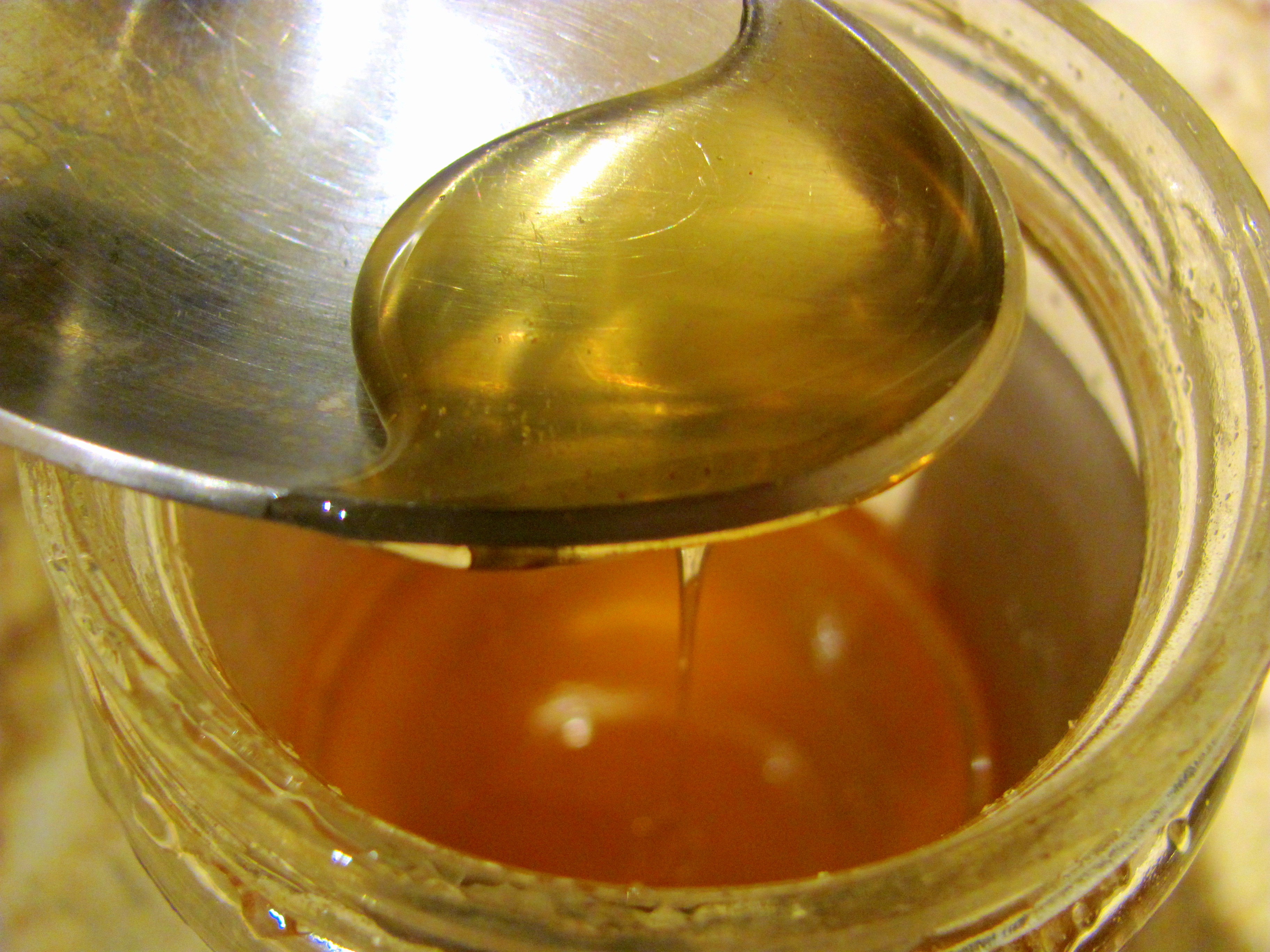

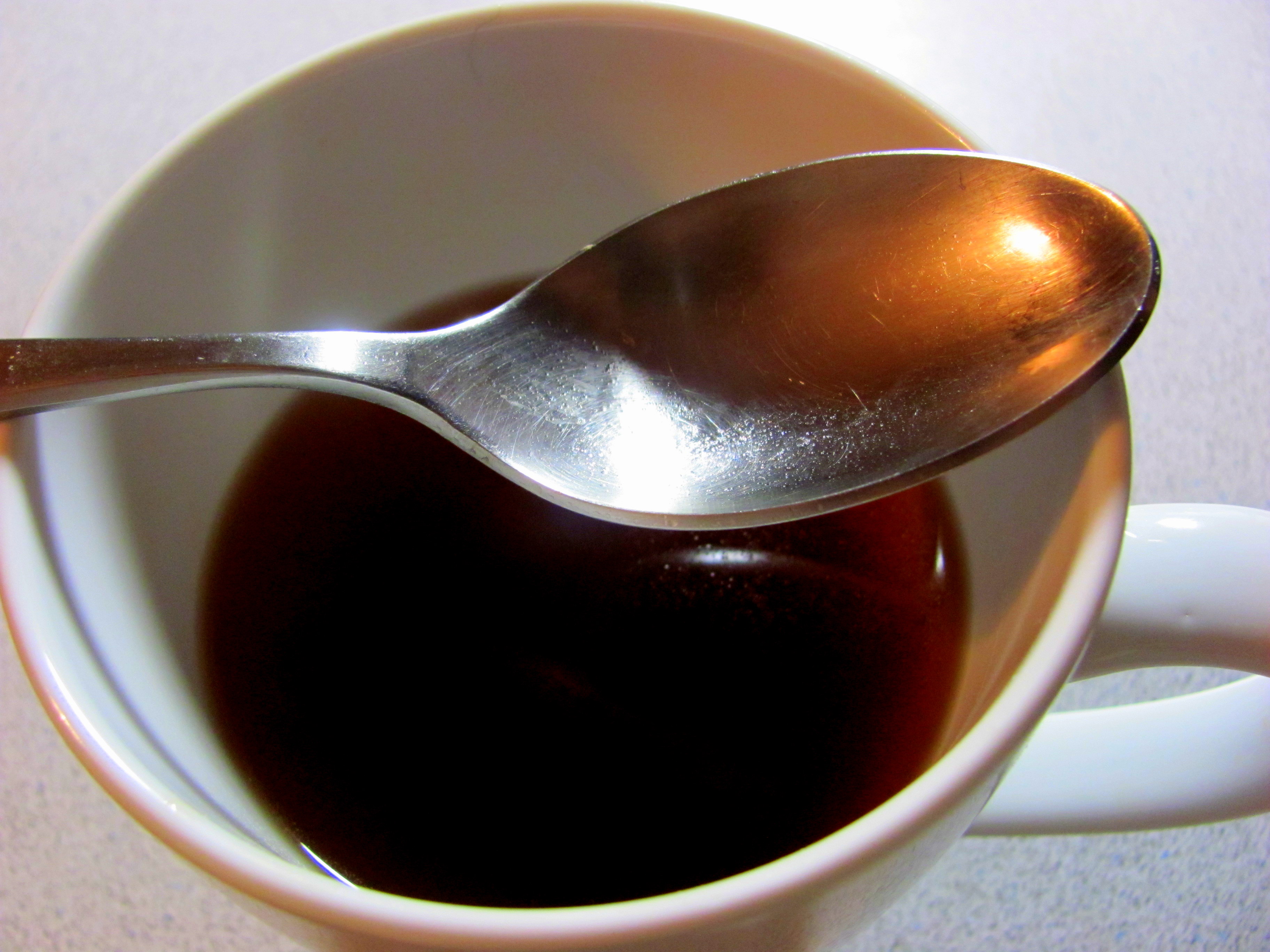
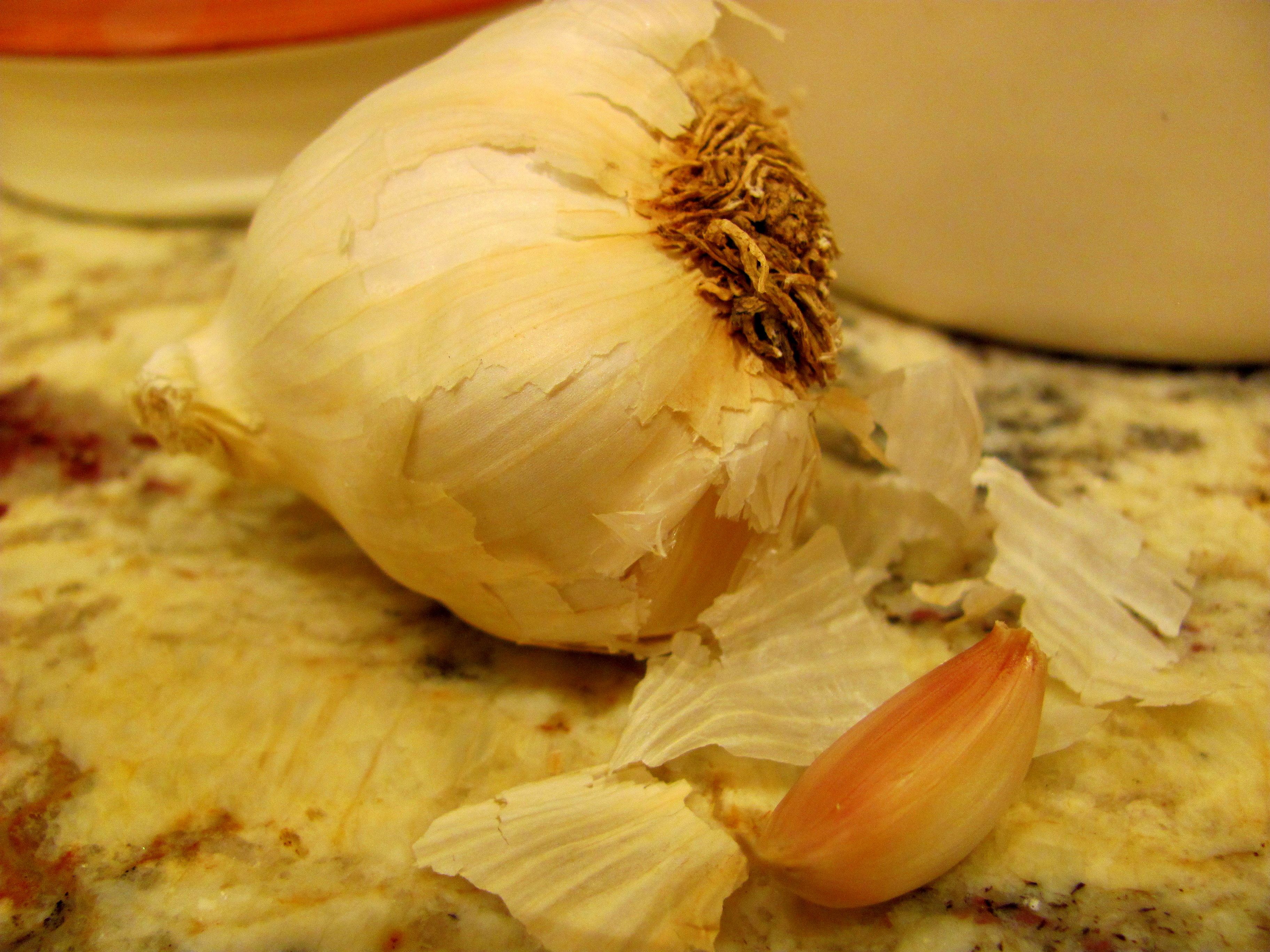
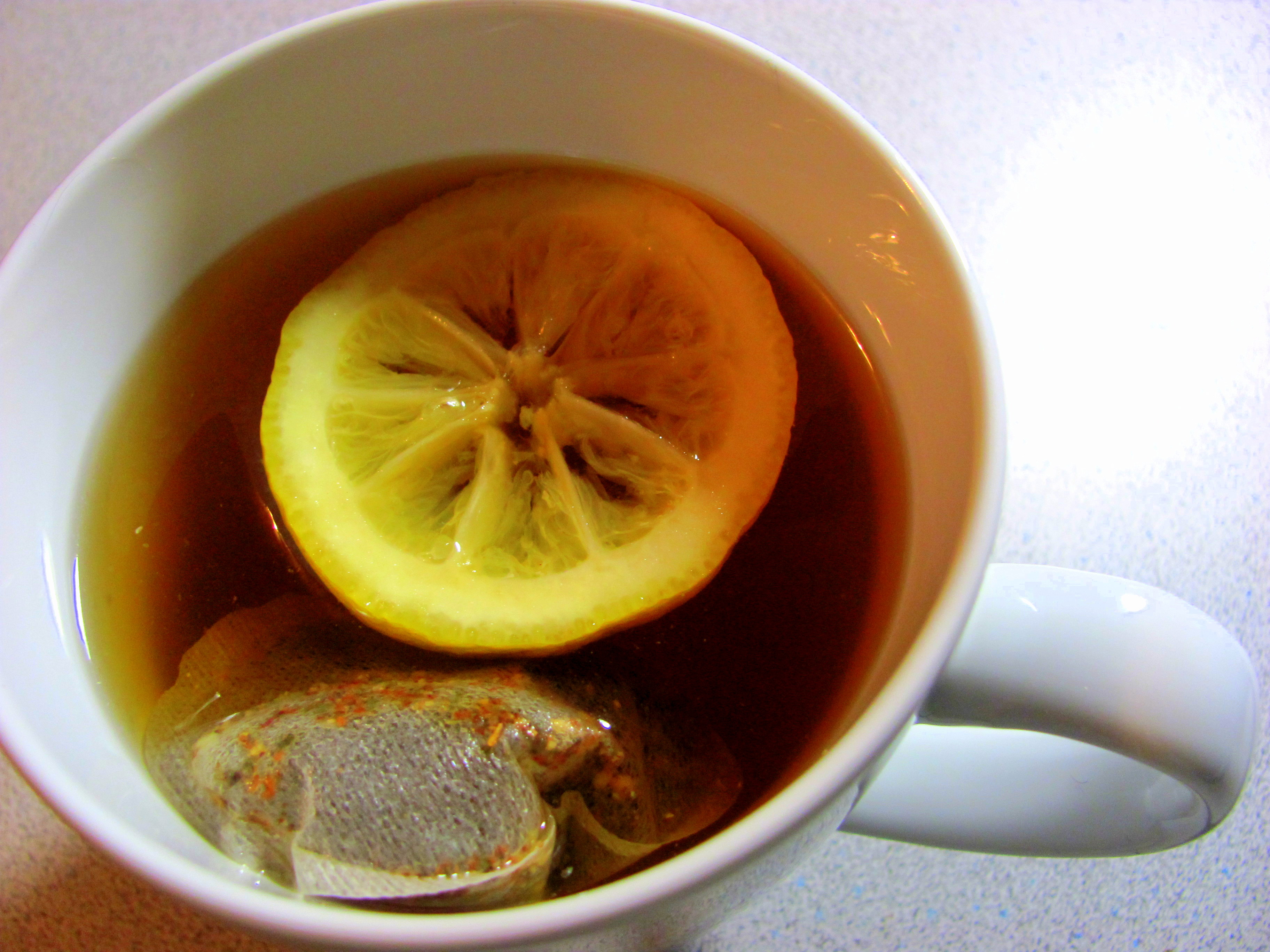
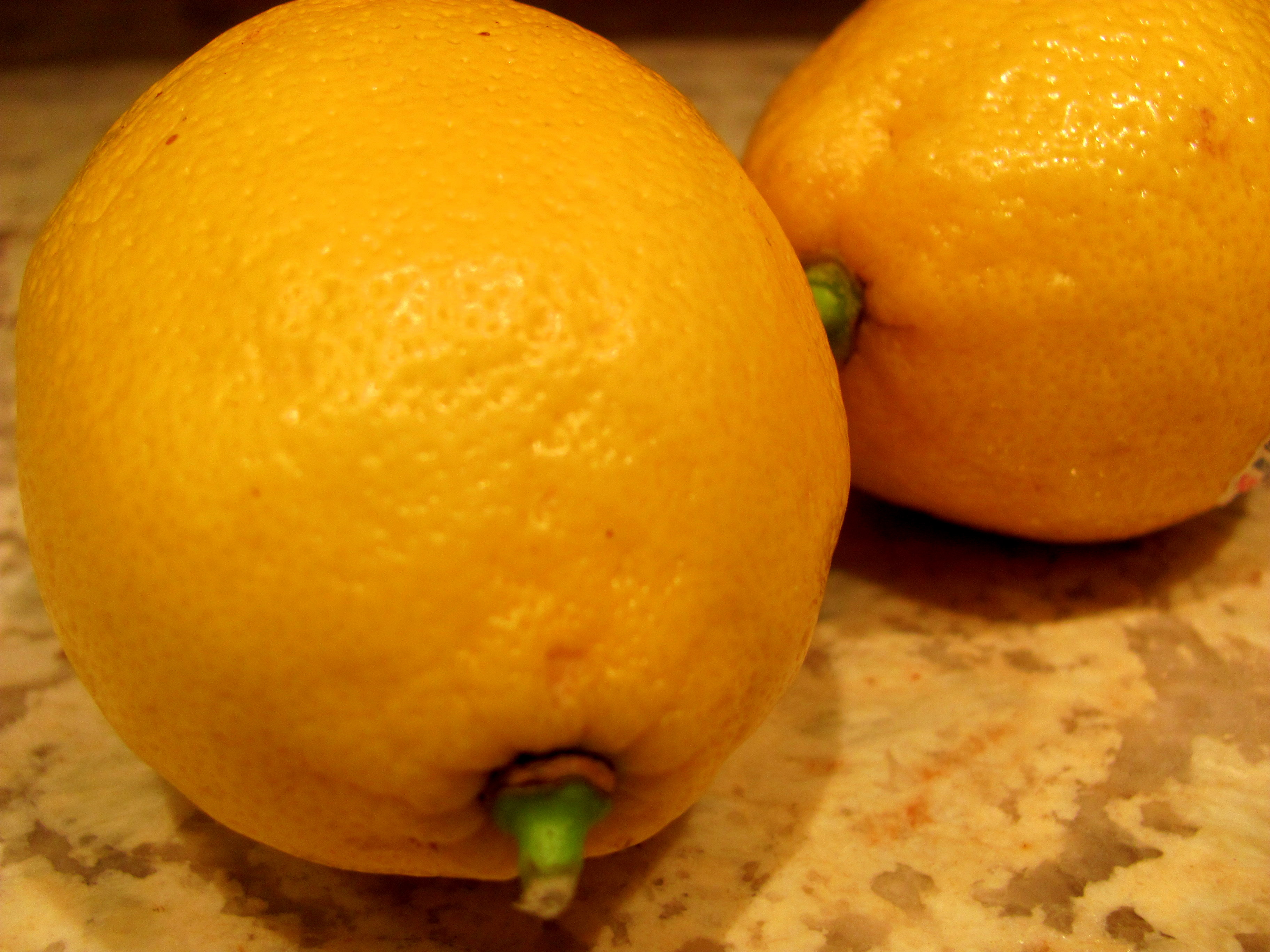
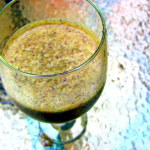



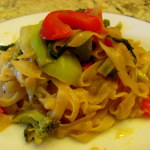

I LOVE Thug Kitchen. Such a funny approach to healthy eating.
Feel better soon!
Thug Kitchen is genius! Thanks, I’ve been feeling better already!
Awesome post. I wish I’d had this list last week! I had a few of these in my sickness treatment plan, but I am excited to add the rest 🙂
Thanks! Best of success with fighting those bugs, especially at this time of year!